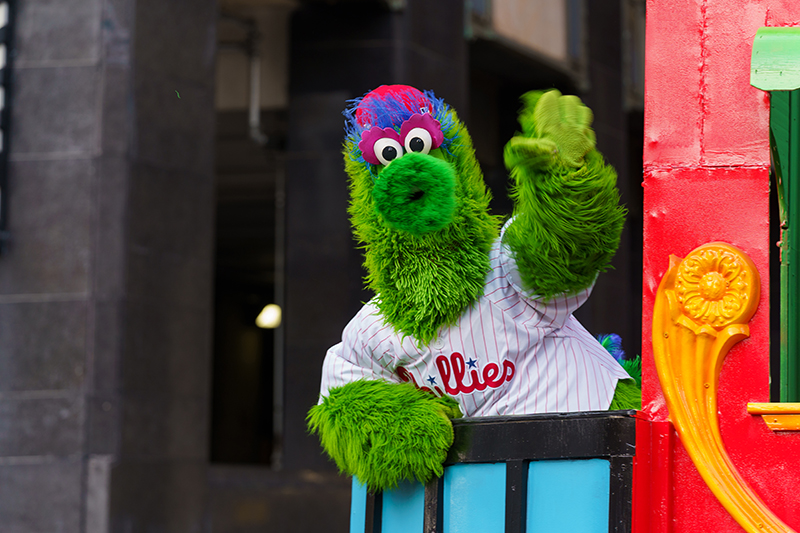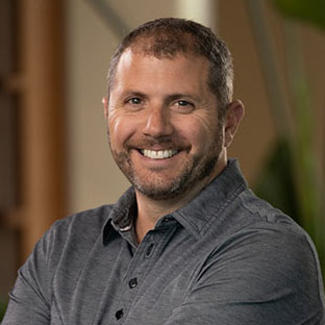Getting Phanatic
Mascots, Glass and The Future of Construction

What do Miss Piggy, booing Santa Claus and the worst decision of a baseball executive’s career have in common? They all come together in one iconic mascot, the Phillie Phanatic, whose antics have surprised and captivated baseball fans for 45 years, and whose story is the focus of the fifth episode of Zachary Crockett’s podcast, “The Economics of Everyday Things.”
The character’s creator, Bonnie Erickson, started out designing Muppets (such as Miss Piggy, Statler and Waldorf, Animal—to name a few), has since made several more mascots—including K.C. Wolf for the reigning Super Bowl champions and Taylor Swift’s new favorite team, the Kansas City Chiefs.
But the story of the Phanatic has a hiccup. Originally, Erickson offered the team the rights to the character for $5,200 or just the costume for $3,900. Bill Giles, the teams’ executive, chose the latter, saving the team $1,300. For context, the revenue in merchandise translated to $2,000,000 that the franchise had to pay Erickson in 1978 alone.
So what’s the takeaway for those of us in the glazing industry?
Buying the rights, or not taking shortcuts
What seemed to be a wise decision ended up costing the Phillies millions of dollars in lost revenue. And although Giles recognized the error in his judgment almost immediately, it took five years to obtain the rights to the mascot.
It’s not difficult to draw a parallel from this story to the glazing industry, or any other one for that matter. Each day, we’re given choices, choices that can cost us, our companies or our customers money. Sometimes, it might be tempting to go the easier route, the way that is less expensive in the short term. But it’s important to weigh the consequences of these decisions.
For the glazing industry, these consequences can go well beyond financial success or failure. Glazing is an integral part of more sustainable and safer building design. This material can support lower operational carbon emissions. It can also help designers meet crucial fire- and life-safety code requirements and enhanced security goals.
The construction industry, including glass manufacturing, is at a turning point. Do we invest in developing higher performing products even though the initial costs can be steep or do we stick with what we have already?
Another takeaway: communicating non-verbally
“Mascots are non-speaking characters,” Erickson notes early in the episode. “They have to transfer everything they want to say through their body motions.” While not a perfect fit, there are similarities to Erickson’s insights about mascots and glass.
Whether a designer needs a system to meet code requirements, performance criteria or provide some additional value to the built environment, it is important that these systems aren’t loud, that they blend with their surroundings. I recently had the opportunity to see this firsthand when I visited the Schine Student Center. One thing the designers behind the project told us was how much they valued the way the glass met fire-code requirements while being non-intrusive. So how are we, on the manufacturing side, also investing in solutions to challenges architects are facing right now—both functionally and aesthetically?
Maybe I’m trying too hard to connect what we do in the glazing industry to a big green bird from the Galapagos Islands. As the podcast says, the mascot game all started with the San Diego Chicken. I reflect on other companies and their mascots and I realize how many there are and how they reflect the brand: Geico and the Gecko, Pillsbury Doughboy, Tony the Tiger, Mr. Peanut, Michelin Man—the list goes on. I wonder what would be TGP’s Mascot? What would be the mascot for the glass industry as a whole?


